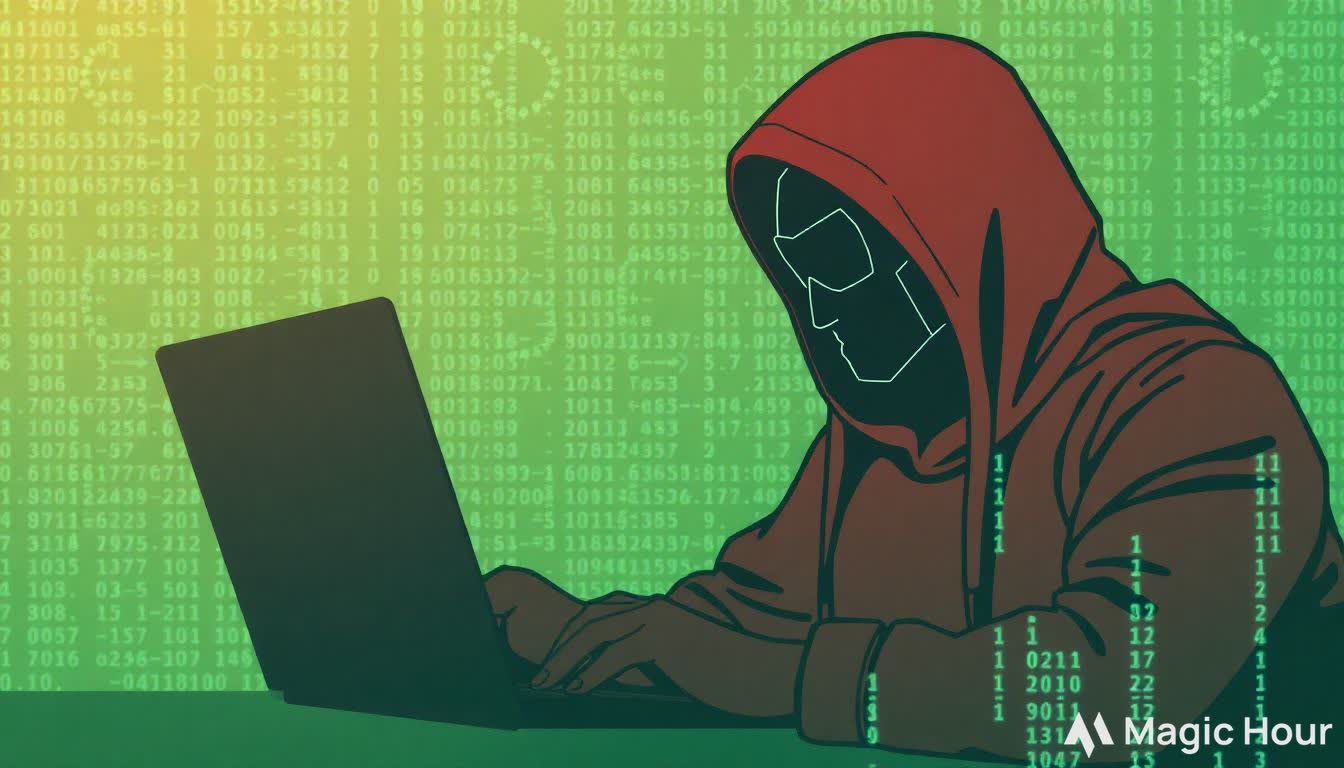
Is Your Next Hire a Deepfake? The Shocking Truth Behind Remote Hiring Fraud!
The rise of remote work has brought a host of benefits, but it’s also opened the door to a terrifying new type of cybercrime—deepfake frauds infiltrating the hiring process. Imagine this: You’ve spent weeks reviewing resumes, conducting interviews, and finally selecting the perfect candidate. Everything checks out—their credentials, their references, and even their video interviews seem flawless. But what if that perfect candidate isn’t who they claim to be? What if the person you’re talking to is a highly convincing deepfake?
The KnowBe4 Incident
This is exactly what happened to KnowBe4, a leading security awareness company, when they almost hired a fake candidate posing as a qualified software engineer. The individual, who went by the name Kyle, had all the right qualifications and performed brilliantly in video interviews. But once the company shipped his new laptop, things took a turn. Kyle tried to install malware, prompting a swift security response. Soon, it was clear—Kyle was no candidate at all, but part of a sophisticated deepfake scam run by state-backed hackers.
A Growing Problem
This isn’t an isolated incident. According to the U.S. Department of Justice, over 300 companies have fallen victim to similar attacks, where North Korean IT workers impersonated U.S. citizens to secure remote jobs. These attackers don’t just use AI to create fake identities; they also leverage open-source tools to generate highly convincing deepfake images, voices, and videos, fooling even the most seasoned HR professionals.
The problem is more widespread than many realize. With just a high-resolution image and a few seconds of audio, anyone can create a fake interview that’s virtually indistinguishable from the real thing. The growing accessibility of these tools means that even those with limited technical expertise can easily fabricate a convincing persona and infiltrate your hiring process. This is not just a minor issue—it’s a major threat to organizations everywhere.
How to Protect Your Company from Deepfake Fraud
Here are some key strategies:
-
Enhance Your Reference Verification:
Go beyond email references. Call previous employers and schools directly to confirm the candidate’s identity and background. -
Require In-Person Interviews:
If possible, have candidates meet face-to-face or via a secure video call with an official ID. This adds an extra layer of authenticity. -
Check Digital Footprints:
Research your candidates' online presence. Inconsistent or newly created social media accounts could be a red flag. -
Ask Specific, Difficult Questions:
During interviews, ask questions that only someone with the candidate’s background would know. These questions should be hard to answer with information readily available online. -
Utilize Deepfake Detection Tools:
Leverage AI-powered tools designed to spot manipulated videos and images, particularly for high-stakes remote roles.
Protecting Your Organization
The rise of deepfakes is an alarming reality, but companies can’t afford to ignore the risks. By strengthening your recruitment practices and being aware of the signs, you can protect your organization from falling victim to this emerging threat.
At LetsPhish.com, we understand the growing risks associated with deepfakes and cybersecurity. As a leading security awareness platform, we offer deepfake simulations and training to help organizations prepare their employees to spot these advanced threats. Don’t wait until it’s too late—train your team to recognize deepfakes and safeguard your business today.